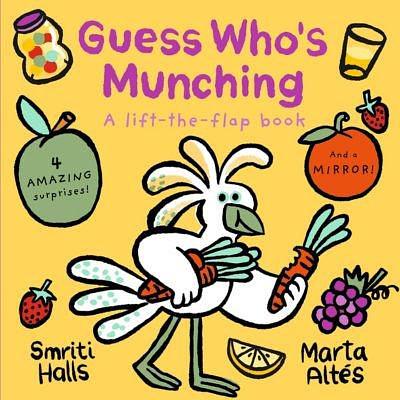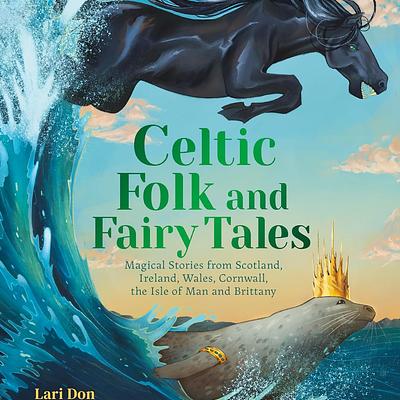Book of the Month
Enter our current Book of the Month competitions and explore previous titles
.jpg)
Every month, we give away five copies of each of our Books of the Month – for Bookbug, junior and adult readers. All you have to do is answer one question that relates to the Book of the Month.
Browse below to find out more about this month's Books of the Month, read Q&As with the authors and enter our competitions for your chance to win.
Current competitions
Past Books of the Month
Bookbug
- Match the Colour: A Colour-Sorting Board Book by Ruth Symons
- The Squirrel's Snowman by Julia Donaldson and Axel Scheffler
- Schmoof by Heidi McKinnon
- Thunderboots by Naomi Jones and Rebecca Ashdown
- Unicorn Post by Emma Yarlett
- The Dangerous Pet Lover's Guide to Dragons by Lindsay Hirst and Alice McKinley
- Robin Hood by Bethan Woolvin
- Goodnight Starry Night by Joseph Coelho
- Hello Bunny! by Sharon King-Chai
- Coorie Doon by Jackie Kay
Junior
- Linnet and the Periwinkle Flyer by Lindsay Littleson
- Mat o' Shanter by Simon Lamb and Ross MacRae
- Crow Children by James Dixon
- Firebloom by Justin Davies
- The Uninvited by Ross Mackenzie
- The House at the Edge of the World by Nadine Aisha Jassat
- Nate Yu's Blast From the Past by Maisie Chan
- My Name Is Samim by Fidan Meikle
- Skyfleet: March of the Mutabugs by Victoria Williamson
- Maisie vs Antarctica by Jack Jackman
Adult readers
- Poor Creatures by Mairi Kidd
- The River has Roots by Amal El-Mohtar
- Woman : Plant : Language by New Writers Awardee(this link will open in a new window) Agata Maslowska
- The Empire of Forgetting by John Burnside
- The Fathers by John Niven
- Dark Crescent by Lyndsey Croal
- Summer Hours by Alessandra Thom
- Idle Grounds by Krystelle Bamford
- Carrion Crow by Heather Parry
- Dear Scotland: On the Road with the Tartan Army by Ally McCoist


